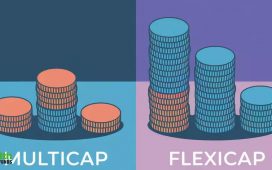
The equity mutual funds and shares with a 12-month holding period for long term will continue to attract tax of 20% (STCG) and 12.5% (LTCG) with effect from July 23, 2024
Property and mutual funds with a holding period of less than equal to 65% in debt and money market assets shall be classified as long-term after holding for 24 months, the LTCG will be 12.5% and STCG will be as per tax slab.
The debt funds will continue to be taxed as per tax slab.
“The increase in exemption limit for Long Term Capital Gains tax from ₹1 lakh to ₹1.25 lakh is a welcome change. While the changes in rates for LTCG and STCG were not anticipated, the markets will take them in their stride,” said Venkat Chalasani, Chief Executive, AMFI.”Rationalizing capital gains tax is another key theme, affecting different asset classes differently. If the indexation benefits for real estate investments has been removed, it could significantly impact home sellers. The increase in capital gains tax for equity markets and increase in STT on F&O has been met with negative market reactions,” said Alekh Yadav, Head of Investment Products, Sanctum Wealth.”Taxation on fixed deposits, debt mutual funds, bonds and market-linked bonds was kept unchanged. This was a bit damper for fixed income investors. That said, we don’t expect significant change in investor sentiment. Overall, it is a pragmatic Union Budget from the financial market’s perspective,” said Dhawal Dalal, President & CIO-Fixed Income, Edelweiss Mutual Fund.
(Disclaimer: Recommendations, suggestions, views, and opinions given by experts are their own. These do not represent the views of the Economic Times)










